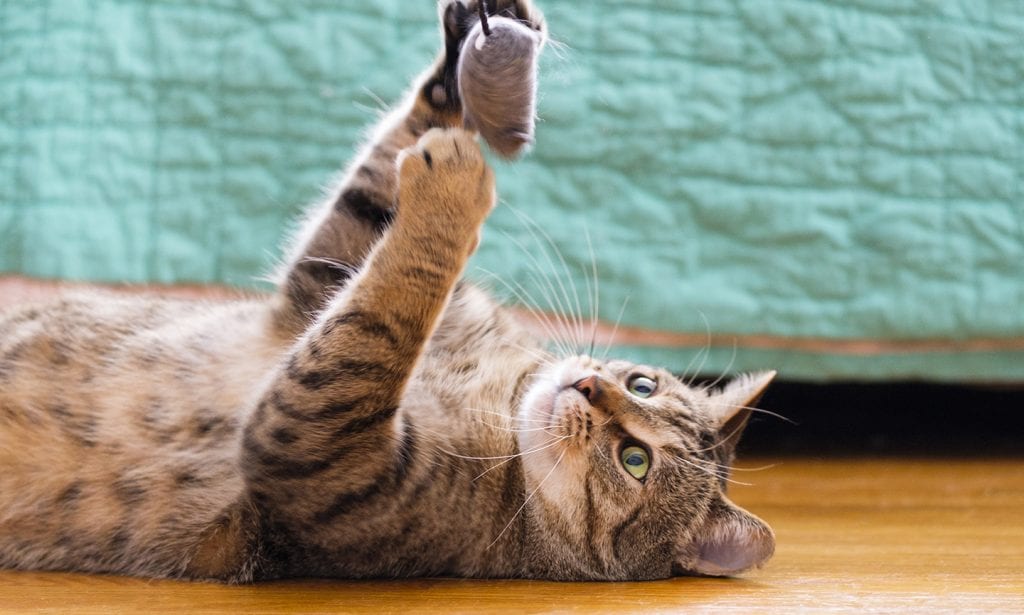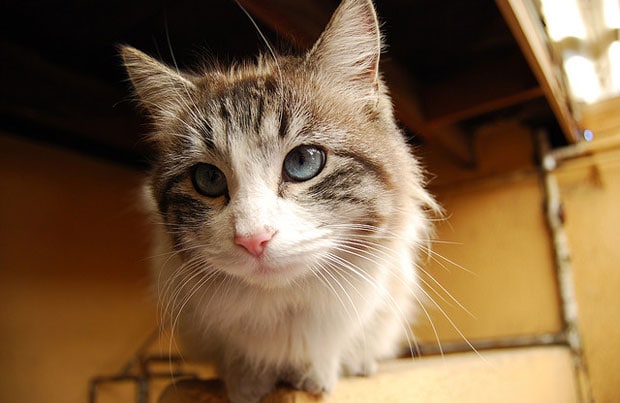If you're a cat parent, it's safe to say your feline companion holds a very special place in your heart. They bring you joy, comfort and endless entertainment with their random zoomies, goofy expressions and window chattering. You want them to be your loyal companion forever, but just how long do cats live?
The lifespan of a cat can vary greatly depending on several factors, with the biggest being whether they’re an indoor or outdoor cat. Plus, did you know certain cat breeds live longer than others? Curl up with your kitty, because we’re diving into the world of feline longevity—including how you can help your cat live a longer, healthier life.
What Is the Average Lifespan of a Domestic Cat?
Cats live, on average, between 9 and 17 years, according to a 2015 study on cat longevity and mortality published in the Journal of Feline Medicine and Surgery.
Of course, there are exceptions, and some cats live much longer or shorter lives, depending on various factors (which we'll cover shortly). In fact, some fortunate felines can live as old as 20, and in very rare cases, even older. The oldest cat ever on record was a tabby mix named Creme Puff, who lived to be an astonishing 38 years old!
Indoor vs. Outdoor Cat Life Expectancy
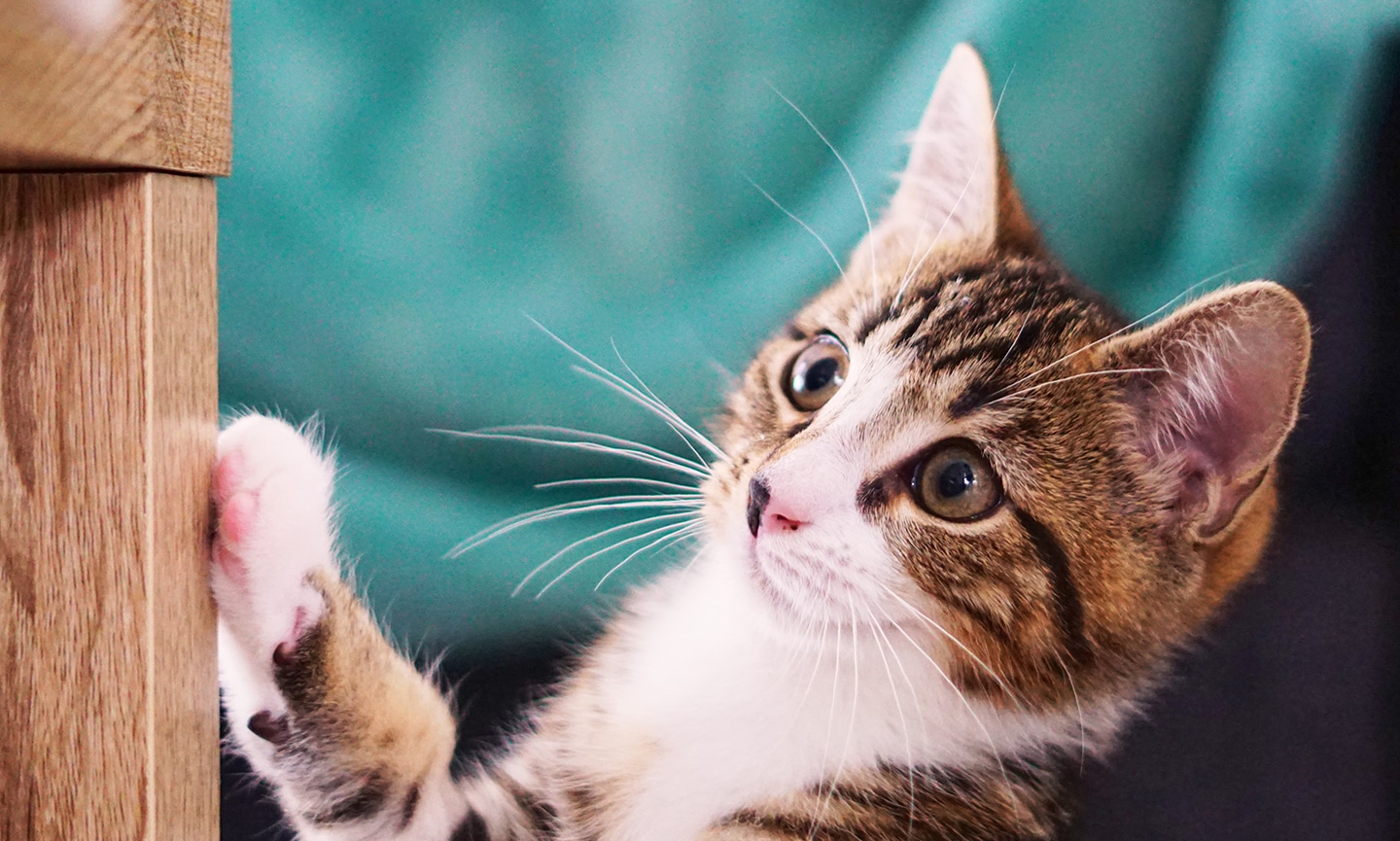
Indoor Cats
Indoor cats—ones who exclusively live inside a house—tend to live longer than their indoor/outdoor or feral counterparts. One major reason for this is because "indoor cats are protected from many of the hazards that outdoor cats face such as cars, disease, fights with other animals and exposure to harsh weather,” says Dr. Alex Schechter, DVM and founder of Burrwood Veterinary in metro Detroit.
Additionally, indoor cats are typically provided with nutritionally balanced food, veterinary care and lots of love, which increase their chances of living long, healthy lives. On average, indoor cats live 10 to 15 years.
It’s important to note, however, that indoor cats are more prone to become overweight and less active, which can negatively impact their health and shorten their lifespan, Dr. Schechter says. Getting plenty of exercise (about 30 minutes a day) can help extend the life of an indoor cat. (You can find exercise ideas for cats here!)
Feral Cats
Indoor/Outdoor Cats
Do Certain Cat Breeds Live Longer Than Others?
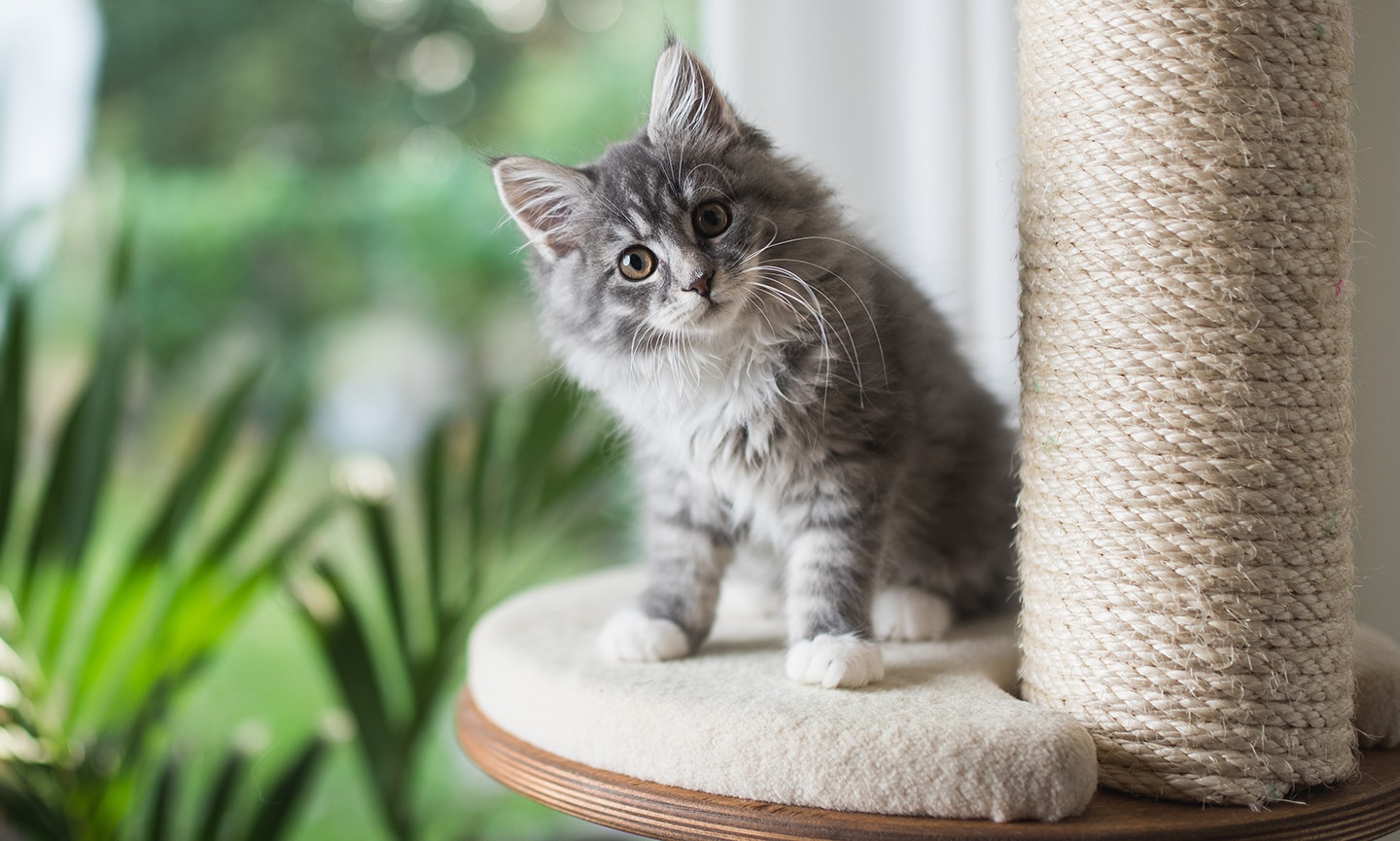
Siamese, Burmese and Persian breeds tend to have a lengthy lifespan of 15 to 20 years, according to the Journal of Feline Medicine and Surgery study.
On the flip side, some cat breeds such as Bengal, Abyssinian, Sphynx, Maine Coons and Devon Rex tend to have shorter lifespans, ranging from 9 to 13 years.
Interestingly, the study also shows that crossbred cats have a longer median lifespan than purebred cats. This is thought to be because the risk of inheriting breed-specific diseases is reduced in crossbred cats.
How Long Do Cats Live in Human Years?

Cats have five life stages, per American Animal Hospital Association (AAHA) and the American Association of Feline Practitioners’ (AAFP) “2021 AAHA/AAFP Feline Life Stage Guidelines”:
- Kitten: birth to 1 year
- Young adult: 1 to 6 years
- Mature adult: 7 to 10 years
- Senior: 10 years and older
- End-of-life: Any age
To better understand where your cat is on their life journey, it can help to calculate your cat's age in human years.
While this is not a hard science, researchers have created the following guidelines for converting your cat's age to human years:
- Your cat's first year of life equals roughly 15 human years.
- Your cat's second year of life equals approximately nine additional years, making them about 24 human years.
- Each additional year following your cat's second year of life equals about four human years. For example:
-
- Year 3 = 28 human years
- Year 4 = 32 human years
- Year 5 = 36 human years
Not sure how old your cat is? Get tips for estimating their age.
Sharpen your pencils, it's time for a...
Pop Quiz!
If your cat is 8 years old, how old are they in human years?
(Hover over the question for the answer.)
How to Help Your Cat Live a Longer Life
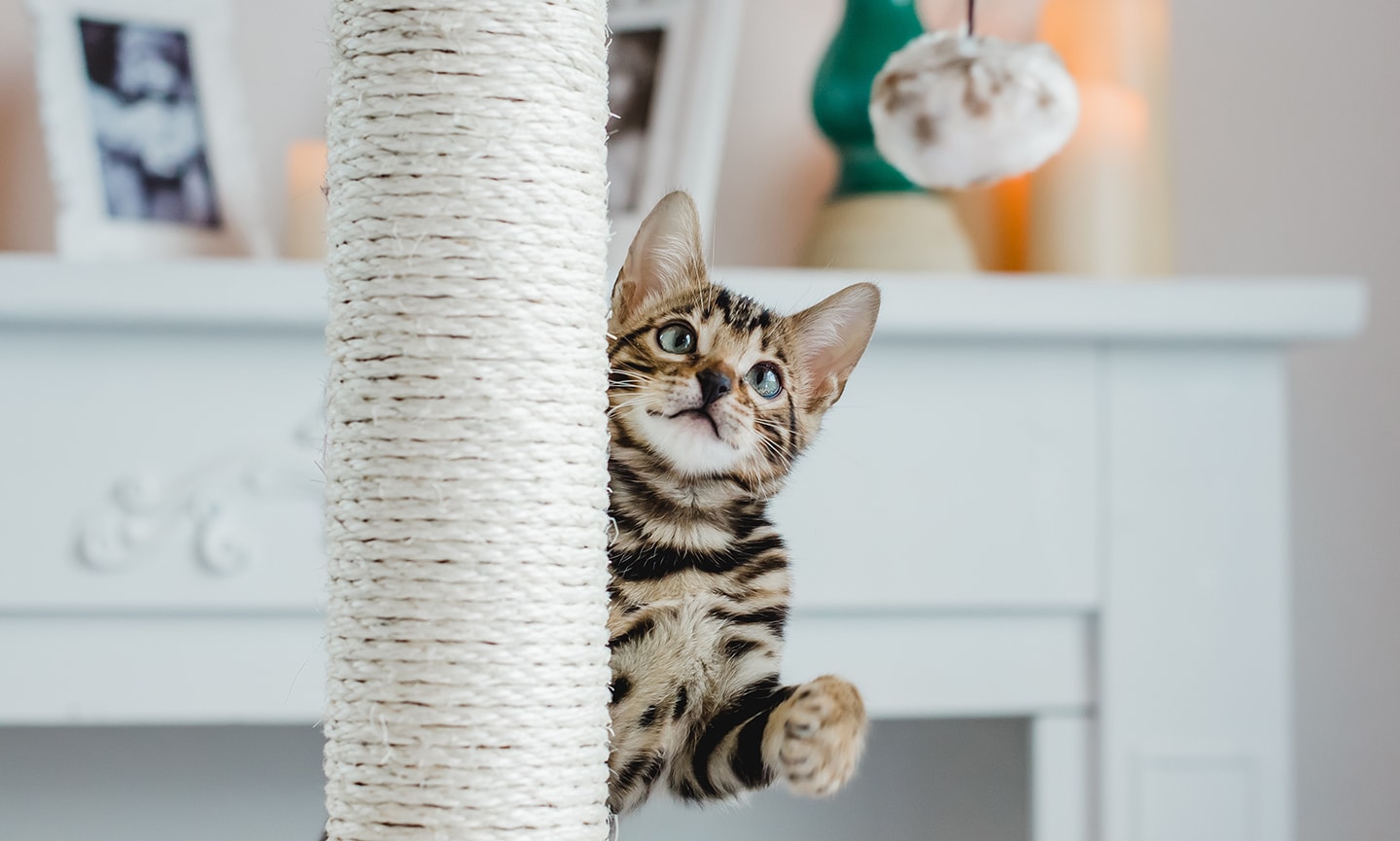
Here are a few of the top tips Dr. Schechter recommends:
- Keep your cat indoors: Keeping your cat indoors can help protect them from hazards such as cars, predators and diseases.
- Provide a balanced diet: Feed your cat a nutritionally-balanced cat food that meets their needs as obligate carnivores.
- Stay on top of preventative care: Regular check-ups with your veterinarian and staying up-to-date with vaccinations can help prevent health issues.
- Provide exercise and mental stimulation: Provide your cat with exercise and mental stimulation through interactive toys and playtime. This can help keep them physically and mentally healthy.
- Minimize stress: Try to maintain a calm and stable home environment, and provide your cat with a cozy bed, scratching posts and hiding spots.
- Get them spayed or neutered: If you haven't already, consider spaying or neutering your cat. This can help prevent specific health and behavioral issues.
More on cats and keeping them healthy:
Share:
